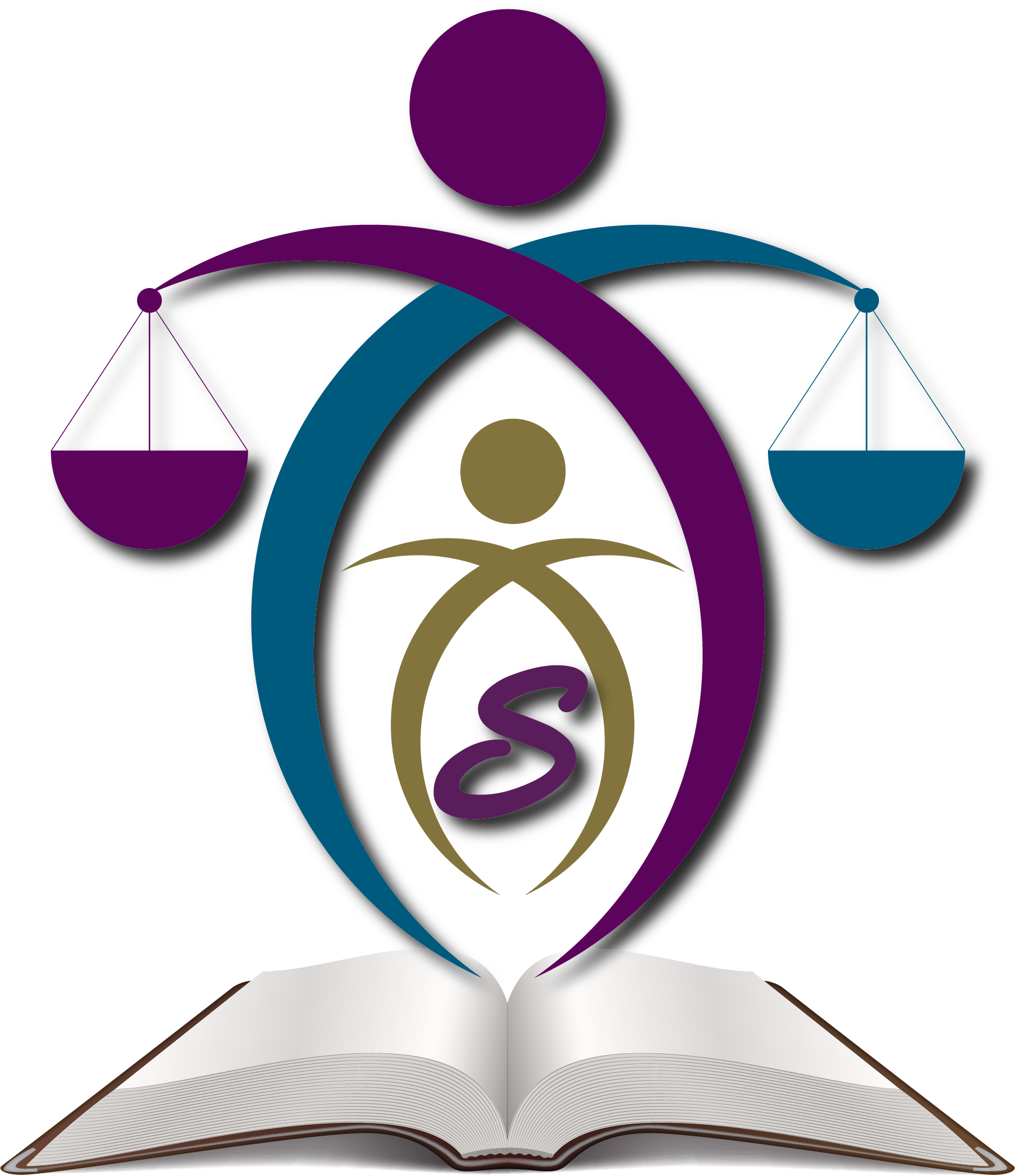
Is It Abuse?
Is It Abuse? | Recognizing the Signs of Abuse | Strong Family Law, PLLC
Understanding and Identifying Abuse
Abuse is not always easy to recognize, especially when it does not involve physical violence. Many victims remain in abusive relationships due to fear, manipulation, or uncertainty about whether their experiences qualify as abuse. At Strong Family Law, PLLC, we are committed to helping individuals identify abusive behaviors and understand their legal options to protect themselves and their families.
If you are questioning whether your relationship or situation is abusive, we encourage you to seek support. You are not alone, and legal protections are available.
Types of Abuse
Abuse can take many forms, and not all abuse is physical. Below are the most common types of abuse and their warning signs:
1. Physical Abuse
Physical abuse involves any intentional harm or injury inflicted on another person. It can include:
✔ Hitting, slapping, or punching
✔ Kicking, choking, or pushing
✔ Using weapons or objects to cause harm
✔ Restraining, locking someone in a room, or preventing them from leaving
✔ Threatening physical violence
Physical abuse often escalates over time, becoming more severe and frequent. If you are experiencing or fearing physical harm, seeking legal protection is critical.
Learn more about Protective Orders
2. Emotional & Psychological Abuse
Emotional and psychological abuse can be just as damaging as physical abuse. It includes behaviors that manipulate, degrade, or control another person, such as:
✔ Constant criticism, humiliation, or belittling
✔ Gaslighting (making someone doubt their own reality)
✔ Threatening harm to loved ones, pets, or property
✔ Controlling who you talk to, where you go, or what you do
✔ Using guilt or fear to maintain control
Victims of emotional abuse may feel trapped, confused, or powerless. Legal options are available to help break free from this cycle.
3. Financial Abuse
Financial abuse occurs when one person controls another’s access to money and financial resources to maintain power over them. This can include:
✔ Restricting access to bank accounts or income
✔ Preventing the victim from working or pursuing education
✔ Taking out loans or accumulating debt in the victim’s name
✔ Forcing financial dependence to prevent the victim from leaving
✔ Stealing money or assets
Financial abuse often occurs in domestic violence situations and can make it difficult for victims to leave abusive relationships. Legal options exist to secure financial independence and support.
4. Sexual Abuse & Coercion
Sexual abuse is any non-consensual sexual act or behavior, including:
✔ Forced or coerced sexual activity
✔ Sexual assault or rape
✔ Unwanted touching or exposure
✔ Reproductive coercion (forcing pregnancy or preventing birth control use)
✔ Sharing intimate images without consent (revenge porn)
Survivors of sexual abuse have legal options to seek protection, justice, and support.
Learn about Legal Protections for Sexual Abuse Survivors
5. Coercive Control & Manipulation
Coercive control is a pattern of manipulative behaviors used to dominate a partner and limit their independence. It may involve:
✔ Controlling daily activities, relationships, and communication
✔ Monitoring or tracking phone calls, social media, or location
✔ Threatening to withhold money, shelter, or necessities
✔ Forcing compliance through intimidation or fear
✔ Destroying self-confidence and self-worth
Coercive control often leads to other forms of abuse, and victims may feel trapped or helpless. Idaho law recognizes coercive control in cases of domestic violence and custody disputes.
Learn more about Coercive Control
6. Religious & Spiritual Abuse
Religious abuse occurs when spiritual beliefs or religious teachings are used to manipulate, control, or oppress someone. It can involve:
✔ Forcing religious compliance under threat of punishment
✔ Using religious teachings to justify abuse or domination
✔ Preventing someone from practicing their own faith or beliefs
✔ Pressuring individuals to stay in abusive relationships due to religious doctrine
✔ Excommunicating or isolating someone for not conforming
Religious abuse can impact family law cases, especially in custody disputes where one parent is using religion as a means of control.
Learn more about Religious Abuse
What Should You Do If You Are Experiencing Abuse?
If you suspect that you are experiencing abuse, it is important to take action. Here are the steps you can take:
1. Recognize the Signs
Trust your instincts. If you feel afraid, controlled, or isolated, you may be in an abusive situation. Abuse can escalate over time, making early recognition critical.
2. Document the Abuse
Keep a record of abusive incidents, including dates, times, locations, and any physical evidence (such as photos of injuries, threatening messages, or financial documents). Documentation can be crucial in legal proceedings.
3. Seek Legal Protection
Legal options are available to protect you and your children, including:
Restraining orders & protection orders
Custody modifications to protect children from abuse
Financial and property protections during separation or divorce
Schedule a Consultation with Strong Family Law to discuss your legal options.
4. Reach Out for Support
If you are experiencing abuse, you are not alone. There are many resources available to help you, including:
Idaho Domestic Violence Hotline: 1-800-669-3176
National Domestic Violence Hotline: 1-800-799-SAFE (7233)
National Sexual Assault Hotline: 1-800-656-HOPE (4673)
Seeking support from friends, family, counselors, or advocacy groups can provide emotional strength and resources to help you leave an abusive situation safely.
How Strong Family Law Can Help
At Strong Family Law, PLLC, we are committed to helping victims of abuse find safety and legal justice. We provide:
✔ Legal guidance for survivors of domestic violence, coercion, and emotional abuse.
✔ Representation in protection orders, custody modifications, and divorce cases involving abuse.
✔ Confidential consultations to discuss your legal options and create a plan to protect you and your family.
If you are questioning whether your situation is abusive, do not wait. Call (208) 444-4482 today or schedule a confidential consultation to take the first step toward safety and justice.